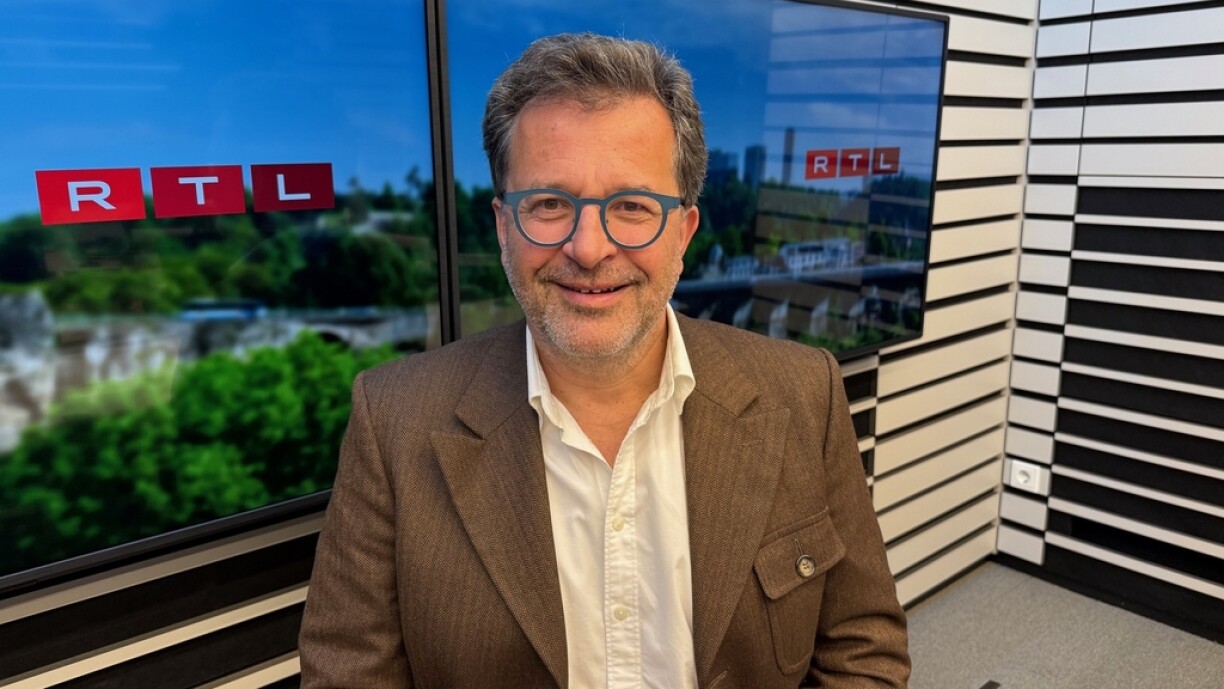
Jean-Louis Zeien, coordinator of the Due Diligence Initiative, raised significant concerns about the EU’s Omnibus Directive during a Tuesday morning interview with our colleagues from RTL Radio. He described the legislation as “extremely problematic,” arguing it dilutes critical sustainability and human rights protections while attempting to address too broad a range of issues.
Zeien highlighted the contradiction between the directive’s stated goal of reducing bureaucracy and its incorporation of the Supply Chain Act, which holds companies accountable for human rights and environmental violations in their operations. “The principle is simple,” he stated, “Profits shouldn’t come at the expense of human rights, climate, or the environment.”
While acknowledging the European Commission’s aim to boost competitiveness through deregulation, Zeien warned that certain standards must remain non-negotiable. His criticism aligns with concerns reportedly voiced by economic and legal experts, including some from the United Nations and European Central Bank, who argue the current approach is misguided.
Zeien sharply criticised the origins and implications of the EU’s Omnibus Directive. He alleges the European Commission drafted the legislation under pressure from multinational corporations and business-friendly governments, through opaque negotiations lacking public consultation – a process now formally challenged by the European Ombudsman.
“These same companies distributed millions in shareholder dividends and are now whining about not being competitive,” Zeien told RTL Radio, adding, “Instead of investing in innovation and research, they paid out millions – and that money is, of course, missing when innovation and investment were required.”
He acknowledged the need for resilient supply chains, particularly after pandemic disruptions, but argued sustainability and competitiveness are not mutually exclusive. “True resilience means long-term security, not looking for short-term profits,” he stated.
Zeien expressed astonishment at Luxembourg’s support for the directive, calling it “deregulation camouflaged as simplification” that jeopardises human rights and supply chain workers. He linked the stance to domestic policies like expanded Sunday work, flexible retail hours, and pension reforms – measures he says prioritise business interests over social protections.
The Due Diligence Initiative will join the upcoming protest organised by the Independent Luxembourg Trade Union Confederation (OGBL) and the Luxembourg Confederation of Christian Trade Unions (LCGB) against these policies, which Zeien deemed “unsupportable”.